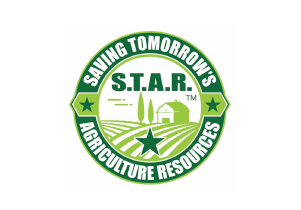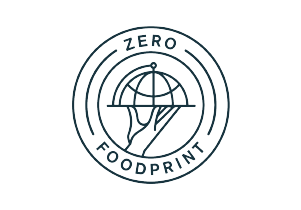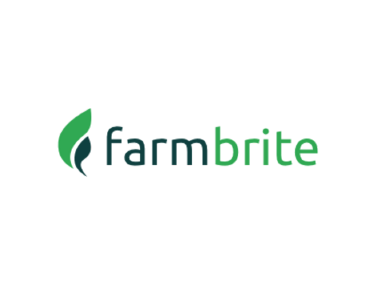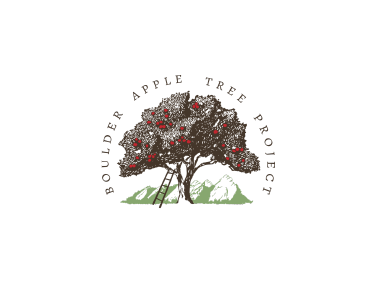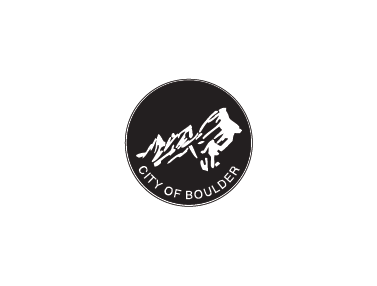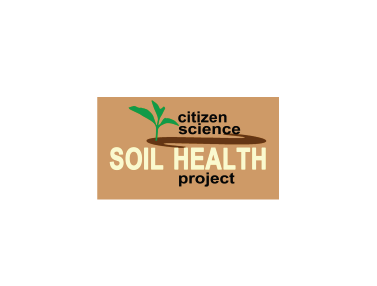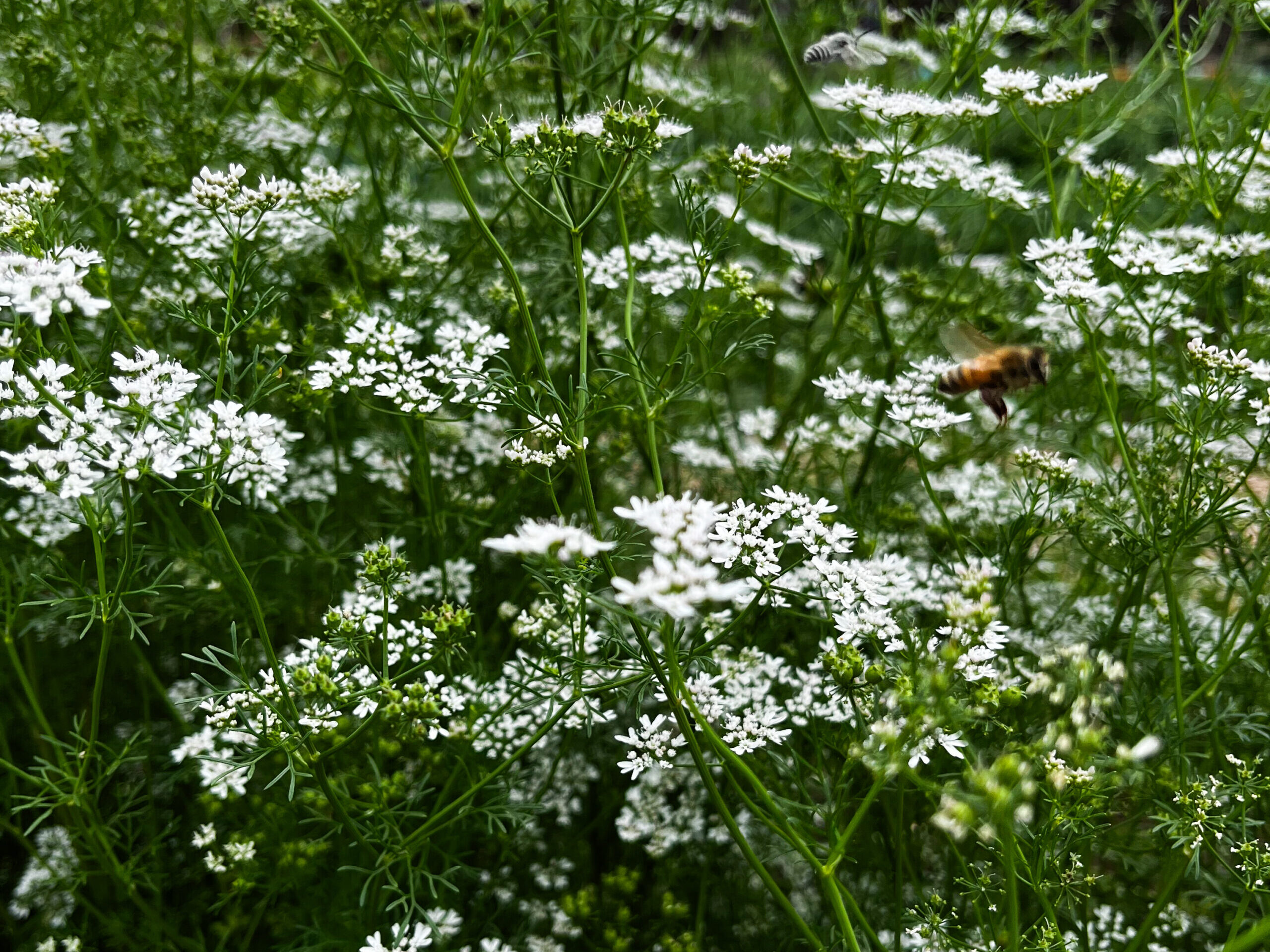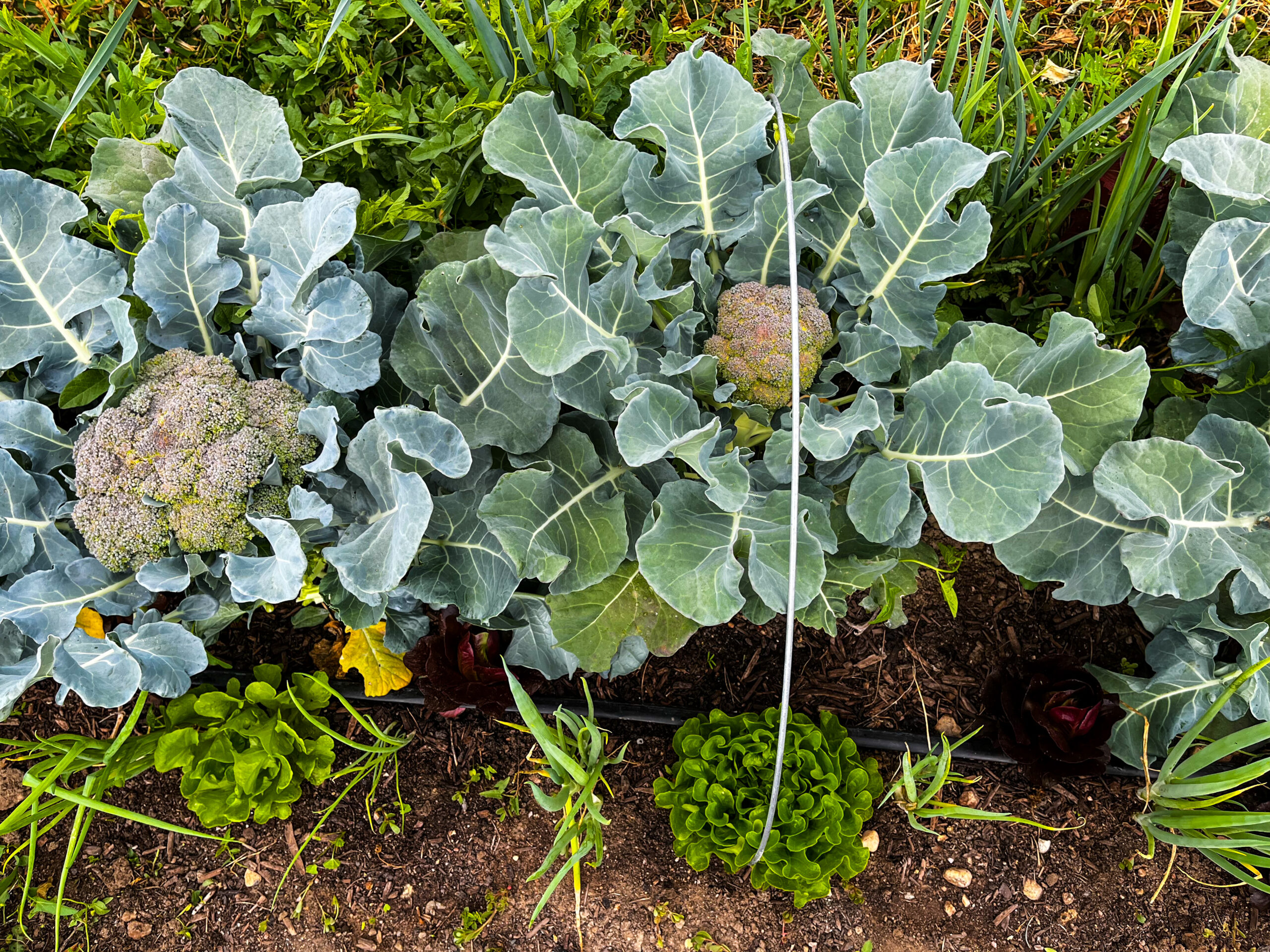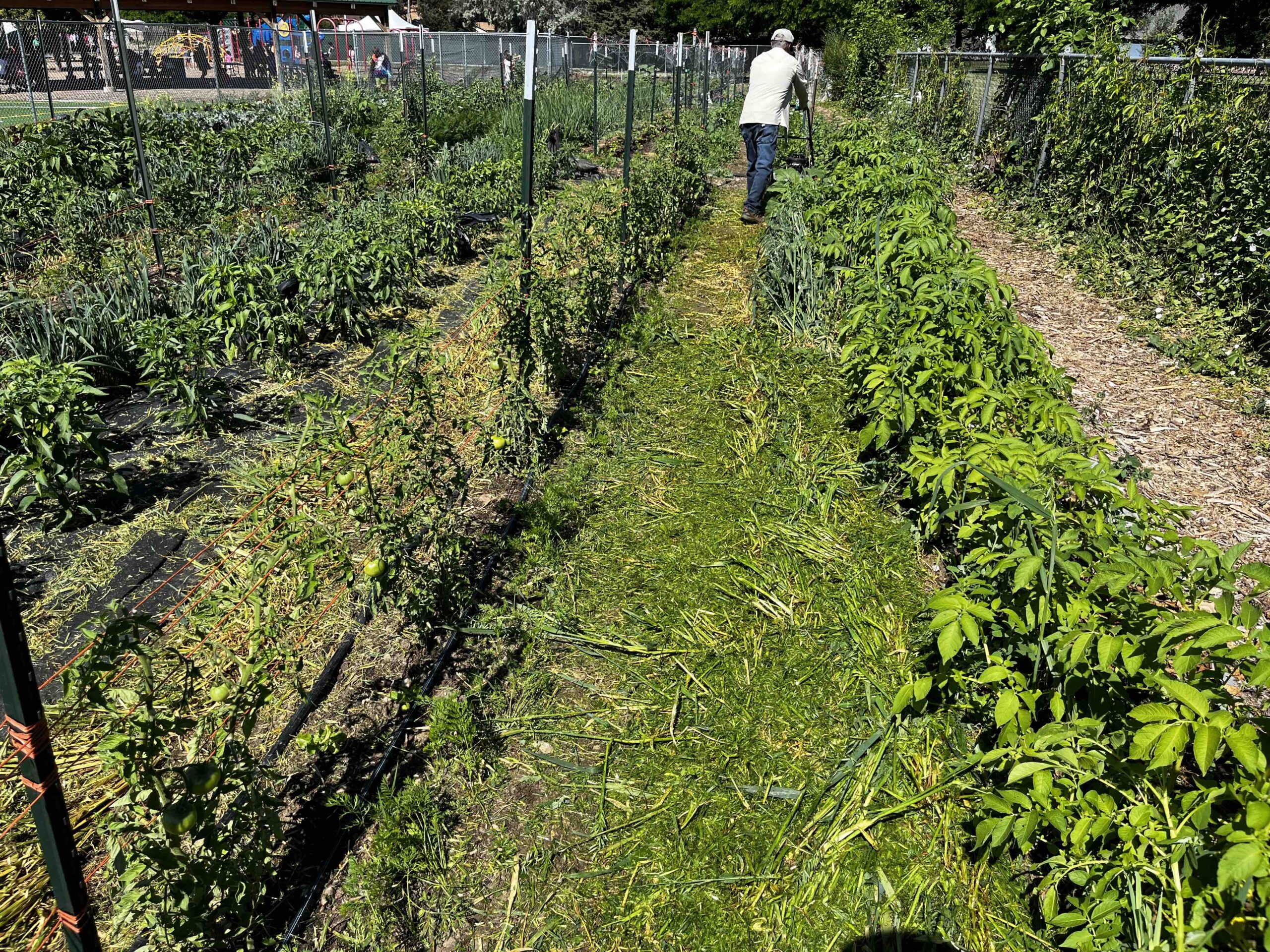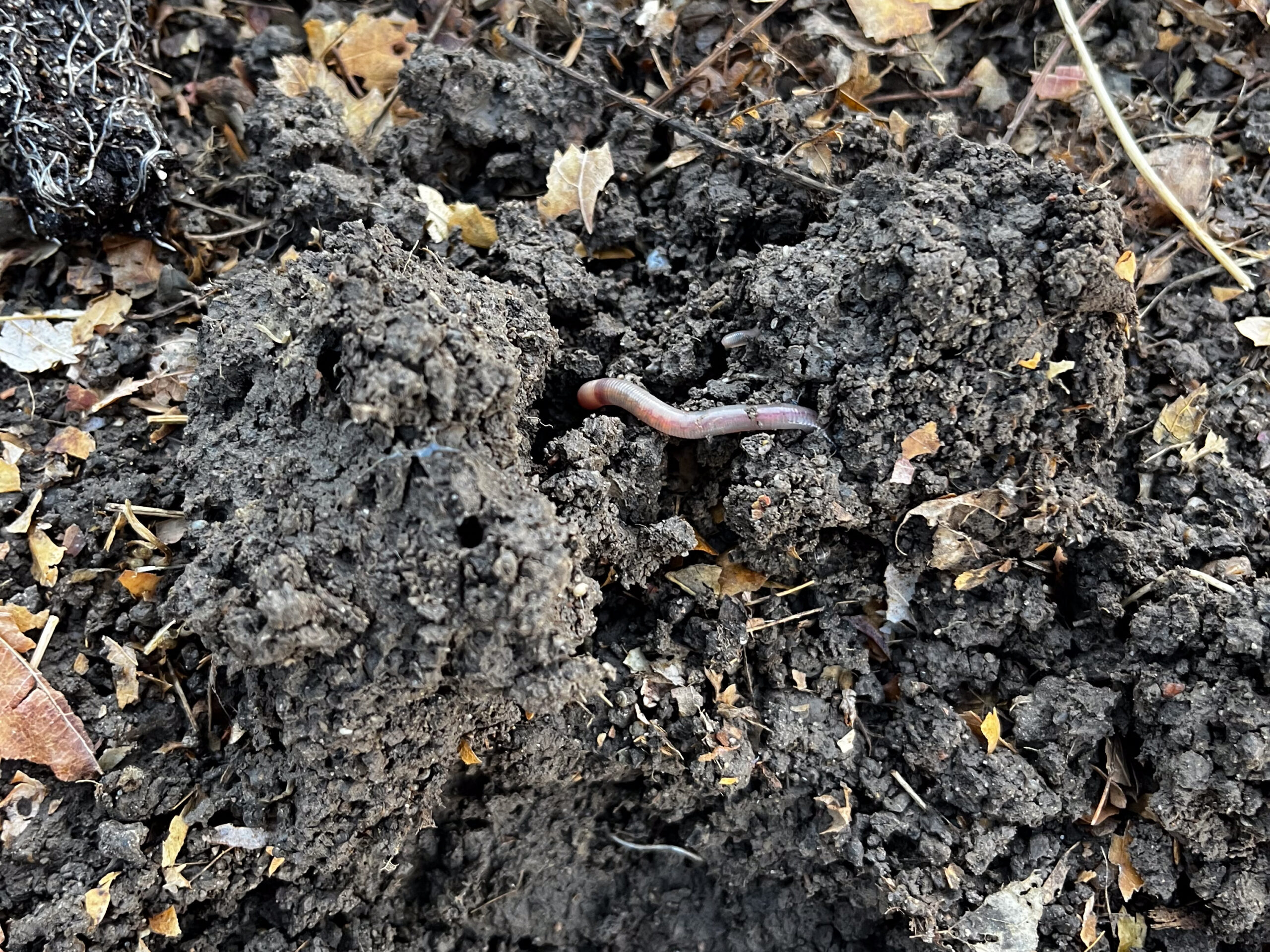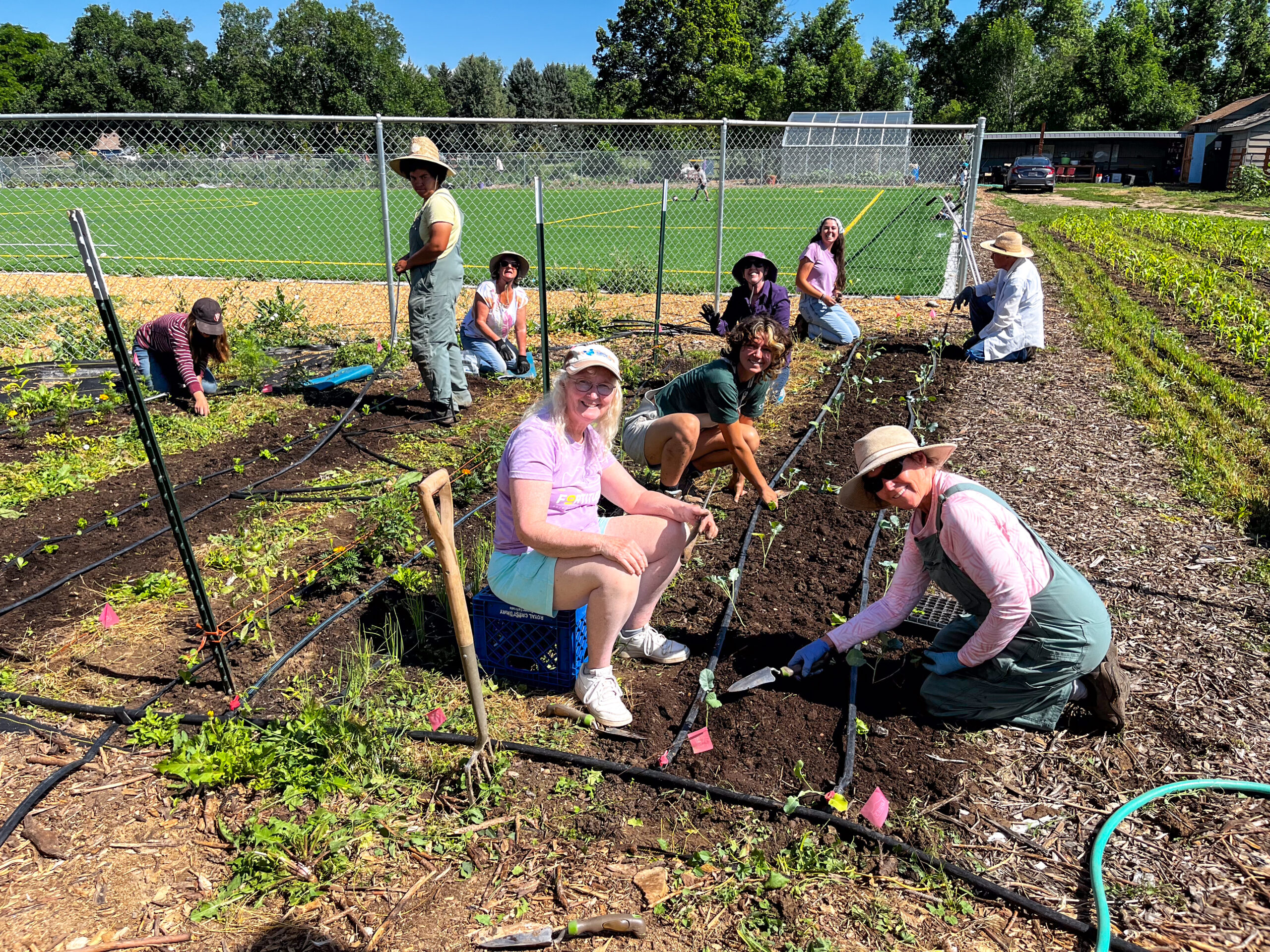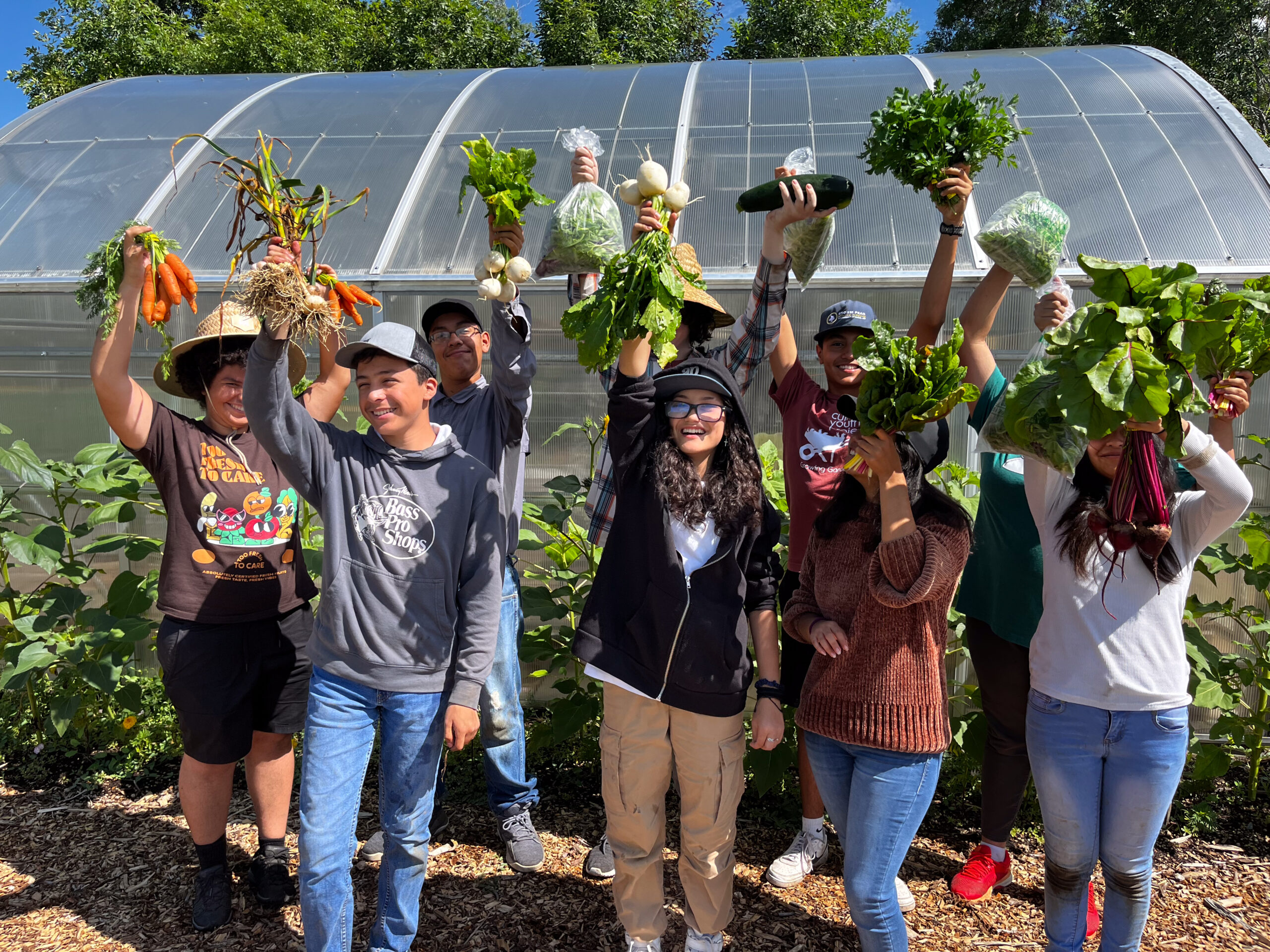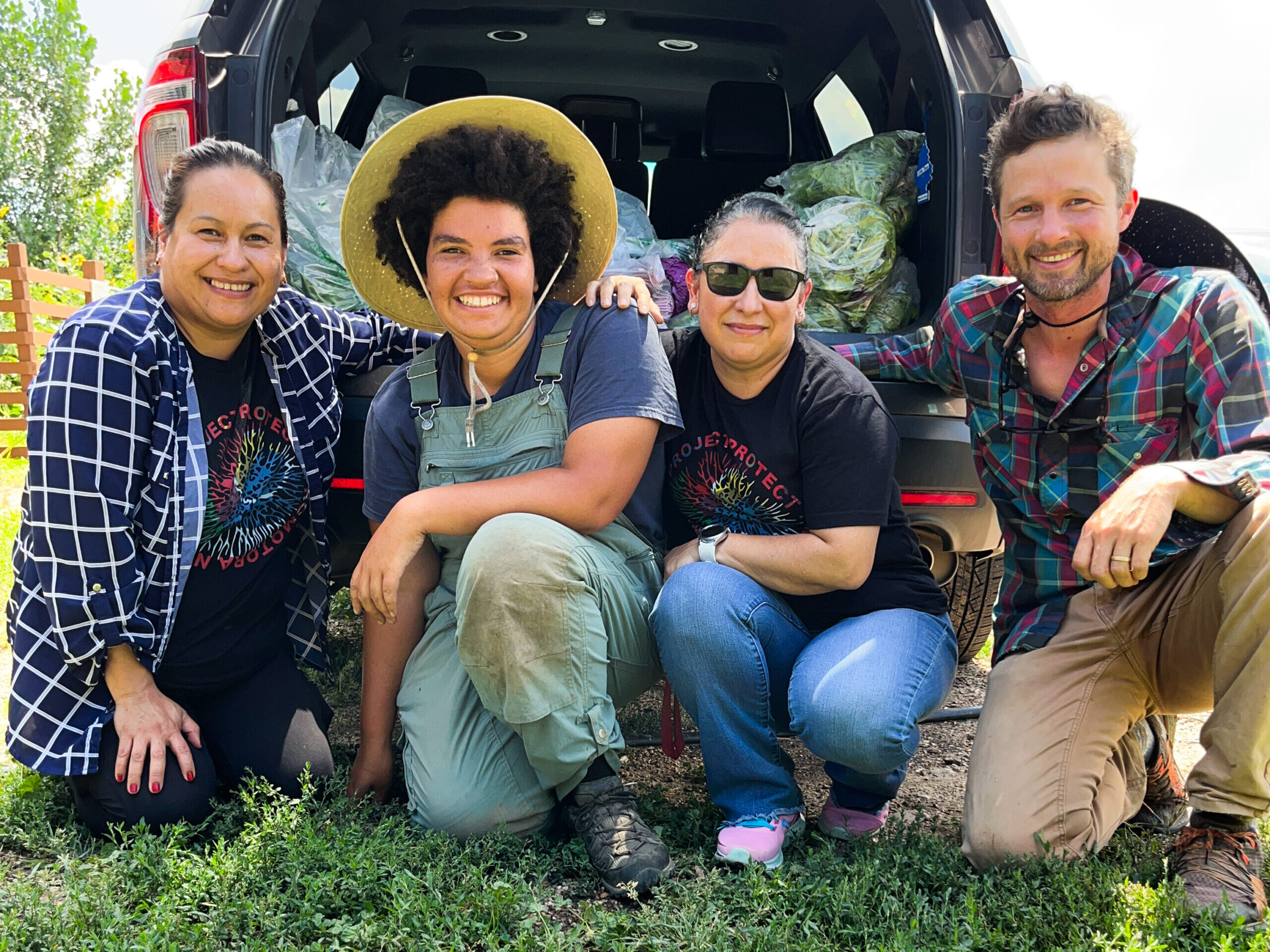Growing Gardens strives to be responsible stewards of the land we have the privilege of working on. This page provides an overview of our guiding principles, active projects, and strategic vision for how we care for our soil and the community that depends on it.
OUR REGENERATIVE
AGRICULTURE PRACTICES
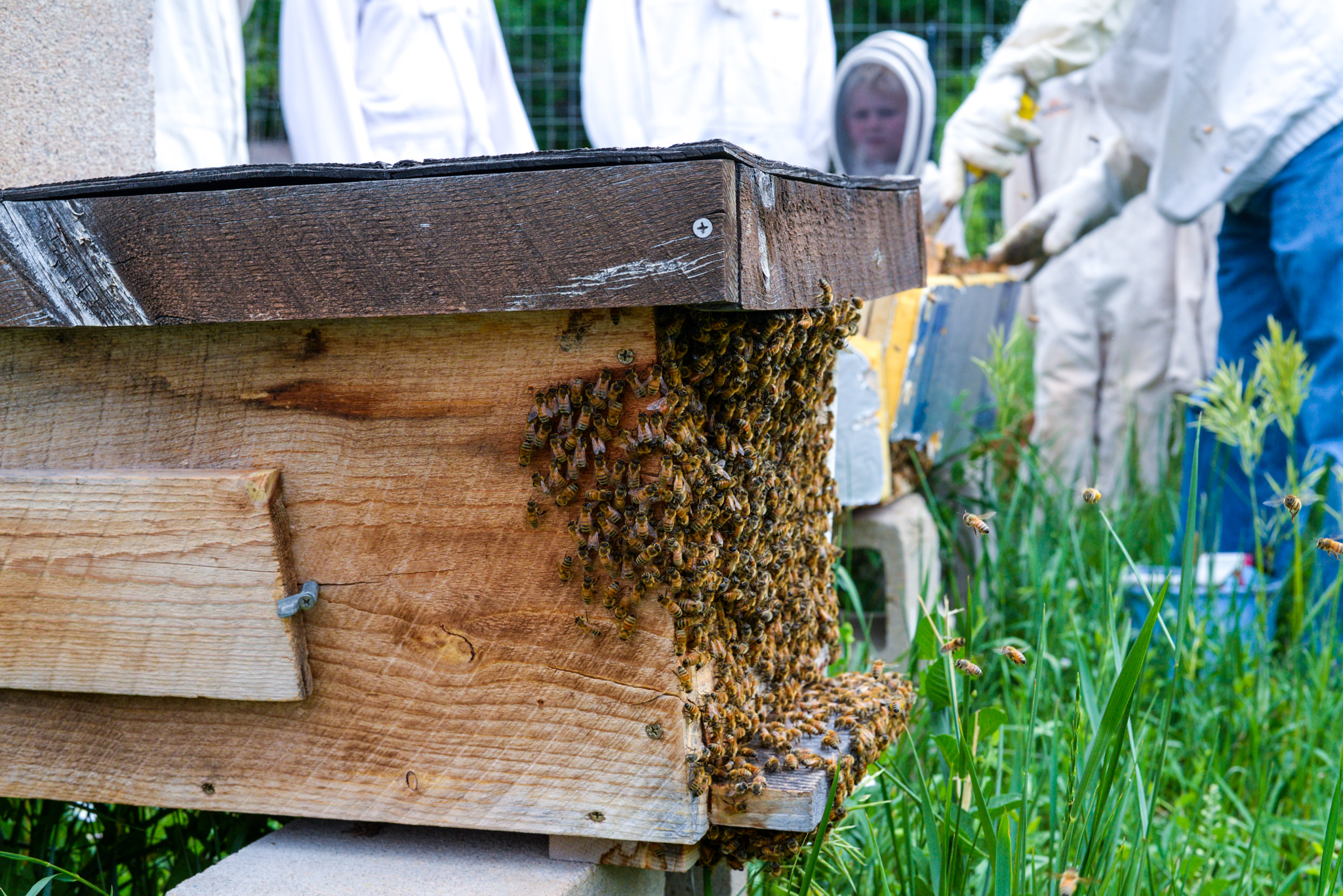
WAYS WE ARE STRIVING TO UPHOLD THESE PRINCIPLES IN OUR FIELDS
CLIMATE RESILIENCE
Resiliency refers to a system’s ability to ‘bounce back’ after extreme disturbances. We have a lot of opportunities to see how resilient our farms are these days. Hail, floods, high winds, fire, extreme heat, drought, almost anything we can think of comes our way. Our regenerative practices help us develop more resiliency in our systems. Perhaps just as important as our soil health practices, is the community that we are a part of. Strong community connections and a thriving local food system makes us stronger, together, in times of extreme climate crises.
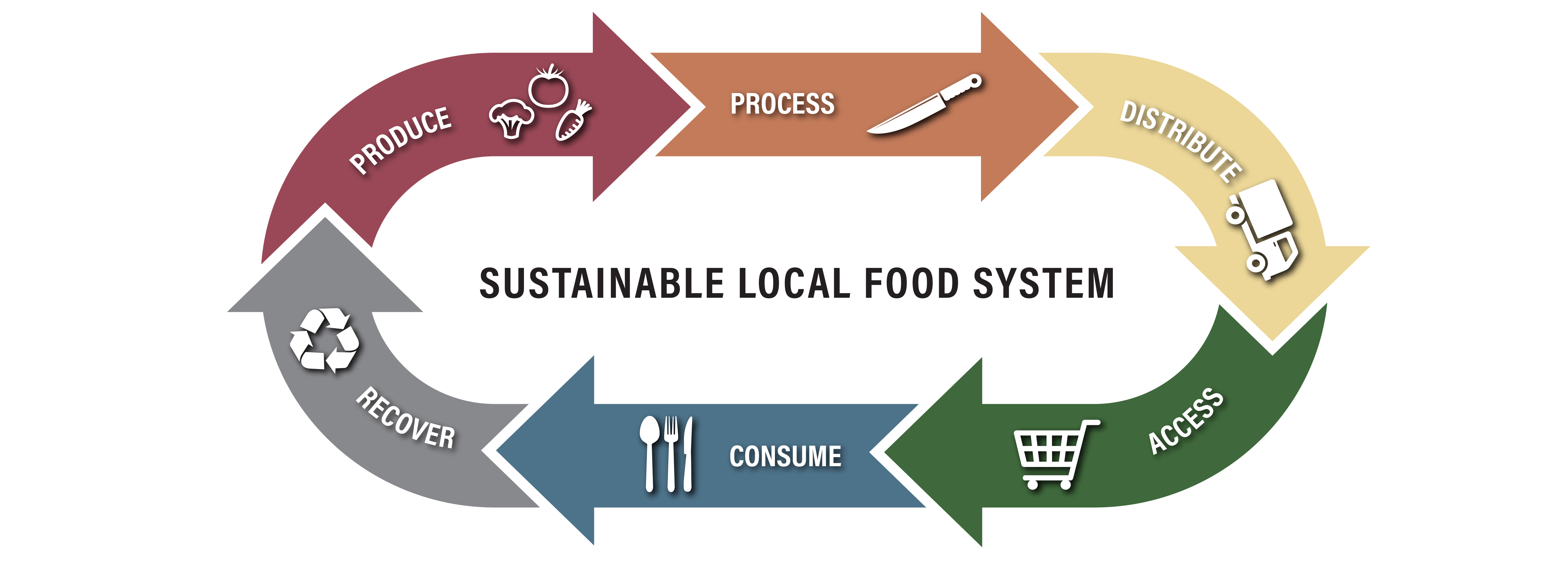
ON-FARM RESEARCH PARTNERSHIPS &
MONITORING PROJECTS
WHAT’S NEXT?
Growing Gardens has spent the last few years laying the groundwork to monitor our agricultural practices and their impact more strategically. We hope to continue observing, adjusting, and learning from our community, and our lands, into the future.
Stay tuned to see what we’ve learned!



